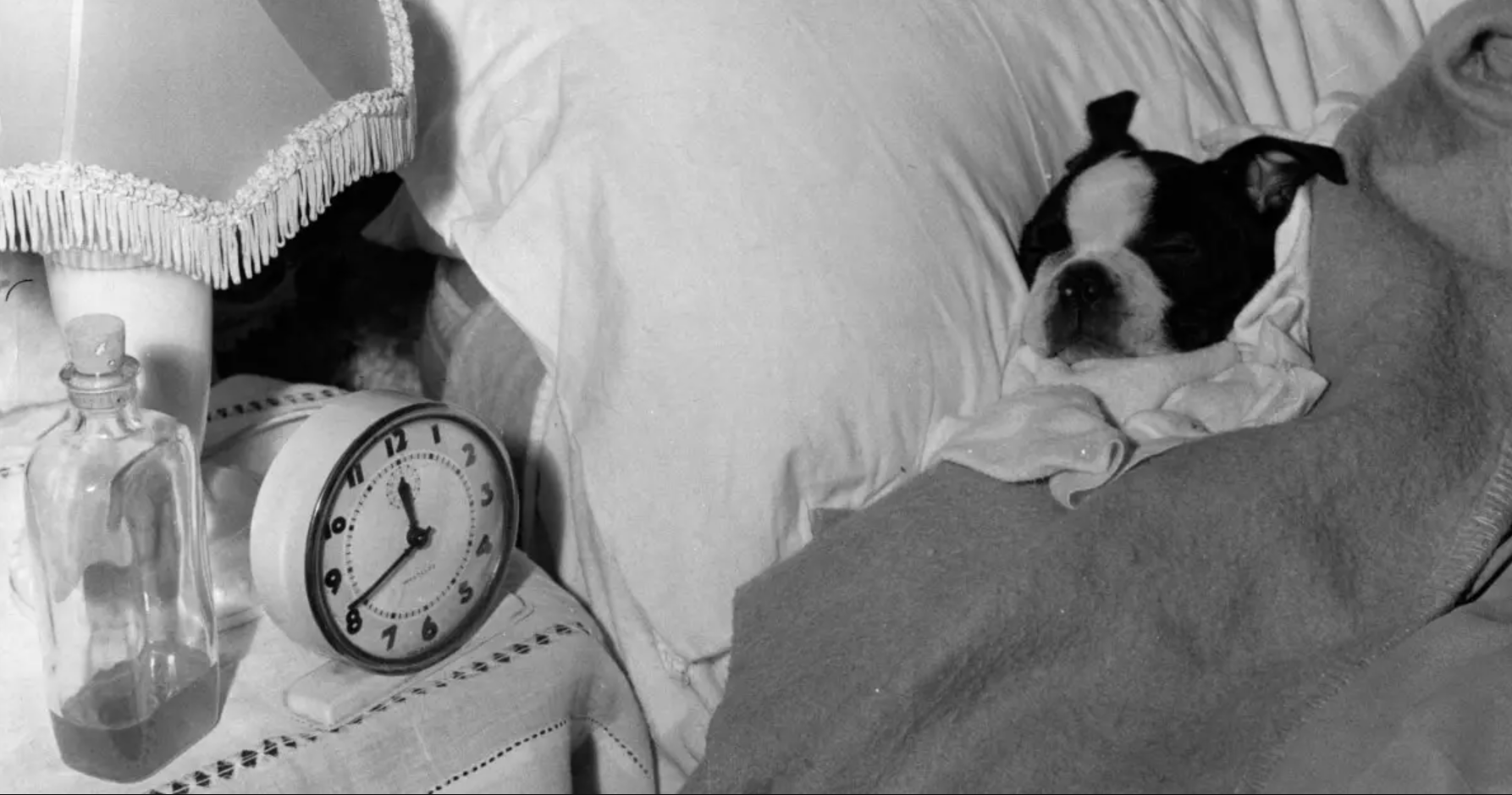Can’t Wake up in the Morning? You Might Be Experiencing “Phase Delay”
Updated Oct. 26 2020, 4:40 p.m. ET

If you hit the snooze button a dozen times every day, resent the phrase “rise and shine,” glower at people who bid you a good morning, and have no interest in being the early bird that gets the worm, you’re certainly not alone. Luckily for you, though, scientists have explained why it’s so hard to wake up — and offered tips for getting out of bed promptly, if not happily.
Why is it so hard to wake up?
As Popular Science reported in 2008, you’re not necessarily lazy if you just want to laze in bed every morning. It might be that your body clock — controlled by your brain’s suprachiasmatic nucleus — doesn’t line up with your daily schedule. If so, you’re experiencing “phase delay.” In other words, your body clock has you going to sleep and waking up hours after other people do.
You can train your phase-delayed body clock to adjust to more conventional waking hours by setting your alarm clock 15 minutes earlier each day, according to Jean Matheson, a sleep-disorders specialist at Beth Israel Medical Center. But you’ll have to say goodbye to your weekend morning snooze-fests. “When people sleep late on weekends, they revert to their natural phase-delayed rhythm,” Jean told the magazine.

Why is it so hard to wake up during winter?
It can be especially hard to leave your bed during the cold days of winter — and it’s not just because your duvet is so warm and cozy. In 2020, Northwestern researchers reported that their study of fruit flies had pinpointed a “thermometer” circuit that sends information about cold temperatures from the fly’s antenna to its brain. Because of this thermometer circuit, seasonally cold and dark conditions can inhibit neurons in the fly’s brain that promote activity and wakefulness, the researchers realized.
“This helps explains why — for both flies and humans — it is so hard to wake up in the morning in winter,” said Marco Gallio, associate professor of neurobiology in the Weinberg College of Arts and Sciences, per Science Daily. “By studying behaviors in a fruit fly, we can better understand how and why temperature is so critical to regulating sleep.”
How can I wake up on time in the morning?
Helpfully, Healthline has a list of tips for waking up promptly — though you might not like them! First, the site recommends sticking to a regular sleep schedule — heeding the same waking and sleeping hours every day, as much as possible — so that your body clock has a regular rhythm. You might even start waking up on time without an alarm clock.
FYI, the snooze button is not actually your friend. Yes, in the moment, it feels wonderful to nab a few more ZZZ’s, but “you’re getting crappy sleep,” according to WebMD sleep expert Michael Breus, PhD, D, ABSM. “You just feel worse.”
You can also focus on the hours before bedtime. Drinking alcohol before bed, drinking caffeine six hours before bedtime, napping too much or too close to the bedtime, and looking at screens can all disrupt your body clock. (According to Popular Science, too much artificial light in the evening can trick your brain into thinking it’s daytime.)
The site also recommends using daylight (or a sunrise alarm clock) to help wake you up and spending your waking hours getting regular exercise and eating energy-boosting foods, like fruits, vegetables, and whole grains.
And if you’re still having trouble rising to greet the day, you could participate in a sleep study or consult a doctor to better understand your sleep cycles and to see if you have a sleep disorder.